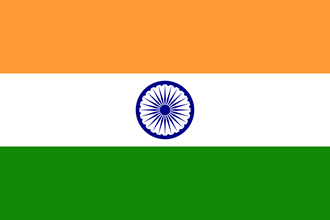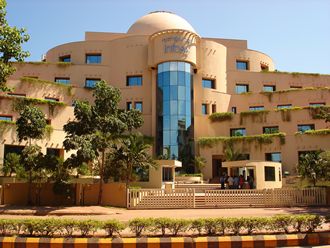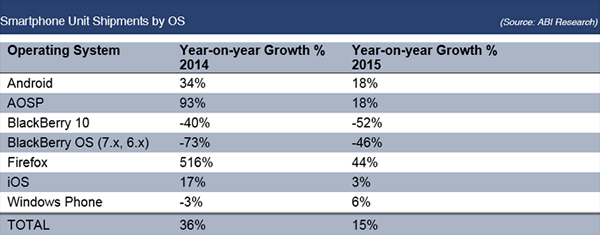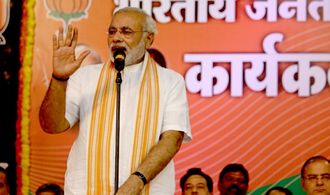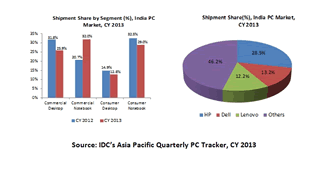 Enterprise Mobility Management (EMM) solution provider, 42Gears Mobility Systems, has expanded into the UK by setting up its third worldwide office in Manchester.
Enterprise Mobility Management (EMM) solution provider, 42Gears Mobility Systems, has expanded into the UK by setting up its third worldwide office in Manchester.
42Gears is headquartered in Bangalore, India and has a US office in Fremont, California. 42Gears has a global customer base and bulk of its business comes from US and UK. UK was the natural choice for setting up the next 42Gears office after the US. The company said that the strategic move will help 42Gears to serve UK and EU customers better and tap into new business opportunities in these markets.
The new office is being headed by Kaushik Sindhu, Associate Vice President, 42Gears.
42Gears’ CFO, Ashok Poojari, said on the announcement: “We are excited to expand our business. Best yet, our growth is coming from both new and existing clients. We have successfully set up a wholly-owned subsidiary of 42Gears in Manchester and are now looking forward to integrate with Manchester’s thriving business community.”
“UK is a huge and important market for us. It has helped us enrich our product offerings through the innovative use cases that businesses demand. We have benefitted from the learnings in the UK. Setting up base in Manchester will accelerate our product development and company growth,” said Kaushik Sindhu, Associate Vice President, 42Gears.
Manchester Investment and Development Agency Service (MIDAS) helped 42Gears to set up operations in the UK, after 42Gears won the TechFast 50 organized by Deloitte Touche Tohmatsu India LLP (DTTILLP). Manchester will serve as a strategic base to explore business development opportunities in the European market and will also help acquiring the right talent. The focus will be on growing the company’s market presence and strengthening business relationships with existing OEMs, resellers, partners and customers in the United Kingdom and Europe.
42Gears Mobility Systems provides SaaS and an on-premise EMM solution. It offers enterprise-ready products to help companies secure, check and manage enterprise mobile devices.
More than 7000 customers across 106 countries use 42Gears for BYOD and Company Owned Device deployment scenarios. 42Gears products are used in verticals like healthcare, manufacturing, logistics, education and retail.
